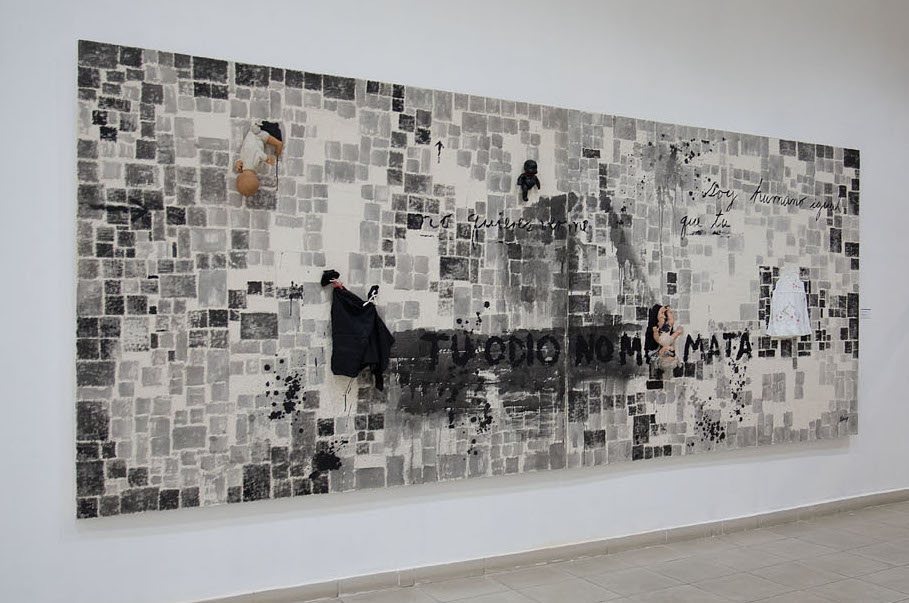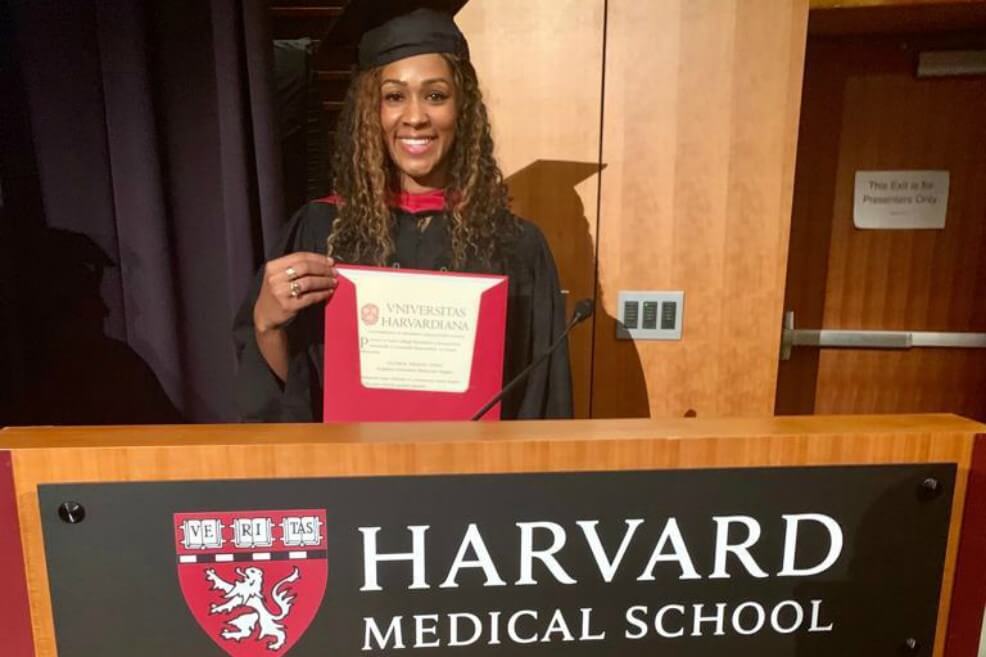By Amilcar Priestley, The Afrolatin@ Project
September 6, 2020
July 25 marked the International Day for Afro-Latin American, Afro-Caribbean and Diaspora Women, which was started in 1992. In the context of the 2020 Black Lives Matter protests this summer, we have seen a flurry of conversation around Afrolatinxs. We have also seen too many pieces written about (but not written by) Afrolatinxs, articles discussing Latinx solidarity with BLM (while superficially mentioning that Black Latinxs exist), a flurry of self-proclaimed experts with little track record, and more recently, the revelations of imposters, who were never part of any Afrolatinx community, yet who flourish in academia and write our histories as such. While we hoped to read more of the knowledgeable voices of those who have been consistently fighting for Afrolatinxs and addressing racism and anti-Blackness in Latinx communities, alas, this comprises the vast majority of what we’ve seen thus far.
There are 125 million people of African descent in or from Latin America and the Caribbean; nearly ⅓ of the population. While a new topic for some, one might consider that these 125 million people, whose first rebellion in the Western Hemisphere was December 25, 1522, might have a significant history of their own. In fact, Afro-Puerto Rican bibliophile Arturo Alfonso Schomburg, namesake of the New York Public Library’s Harlem home, built the library’s collection around the histories of the Black diaspora, specifically highlighting Latin America.
The op-ed authors opine on the racism and anti-blackness experienced by Black Latinx communities. Very few pieces have attempted to capture the tenor of community concerns. While the increased coverage is notable, none of the authors were actually Black Latinx. It will always be more impactful to cede space and uplift voices better equipped to discuss the issues. At this moment, Black Latinxs need more amplifiers - not others speaking for us. For many, it is past time for superficial “conversations”, substantive engagement in these issues is necessary. The recent revelations of imposters, as well as the ensuing public conversation, further clarify a centuries old issue, that Afrolatinx histories and our present, have been equal parts violated, ignored and appropriated.
Latin America’s myth of racial democracy hides the fact that it has its own intimate relationship with slavery, rape, racial discrimination, eugenics, violent police and state repression, criminalization and sexualization of Black Latinxs, un/underemployment, cultural appropriation, abdication of government, systemic and institutional racism, exclusion and invisibilization from education, political, and economic progress, issues similar to the racial realities of the United States. Framing Afrolatinx experiences with racism and anti-blackness as a by-product of the “U.S. war on drugs” or as a residual of the racism “deeply rooted in America’s social system” obfuscates and misleads. Neither began in the U.S; both pre-date any drug war or immigration debate.
The United Nations launched the International Decade for People of African Descent (2015 - 2024), recognizing that Black communities throughout the Americas are under siege and have been denied full citizenship rights. In fact it was only 2019 when Mexico, one of the largest Latin American members of the U.N., finally began the process of recognizing Black Mexicans. It is not the first time an international body has convened a Decade for communities under siege. Interestingly, when we assess the efforts of governments, NGOs, media (Latin America, US or global) we have achieved nowhere near the level of visibility of the highly impactful First or Second International Decades of the World’s Indigenous Peoples as declared by the U.N. (from 1995-2004 and 2004 to 2014, respectively). Clearly there is work to be done in both public and private sector spaces.
Instead of co-opting space, feigning ignorance of anti-Blackness, or deflecting, platforms, organizations, and academia particularly Latinx owned should be bringing more Black Latinx to the table in substantive ways. In business, media, entertainment, and arts that means both up front and behind the scenes. For example, proposed new programming about Afrolatinxs whether it be film, tv, print, digital, OTT, radio or any other medium, should be written by Black Latinx creatives, or as a key starting point, with their substantive direction. In politics, academia and funding, that means prioritizing the voices of authentic doers for policy, education and strategy. Such efforts, not those driven by superficial gestures, will move us closer to a reckoning of the issues of racial hierarchy among Latinx. It would also help weed out the frauds and opportunists that have and will arise. Throughout all, Afrolatinx efforts to build independent platforms should be financially supported, not just verbally supported.
For example, Univision, long accused of perpetuating anti-Blackness in their news coverage and programming, could support a national project in the vein of Jorge Ramos’ “Sembrando Odio” [“Hate Rising”] (2016), directed by a Black Latinx, which reflects and addresses the roots of these issues among Latin Americans and the diaspora and which also takes a critical eye to the media’s own role; they could even amplify their own talent and programming by building on the Emmy winning “Afrolatinos” (2019) short news piece. The upcoming documentary “Afrolatinx Revolution” (2020) directed by Natasha Alford and produced for the Grio with the support of the Pulitzer Center is a good example. Comparable efforts and business strategies to support internal and independent talent are necessary in other companies and industries.
White/mestizo Latinx have benefitted by walking with much of the same privilege as their Anglophone counterparts; in recent discussions of Afrolatinxs this status quo is being replicated. We observe new attempts at diversity across industries with cautious optimism while wary of cycles repeating. To be clear, Black Latinx who are working to positively impact our communities and who have an understanding of community concerns should be the perspectives centered and prioritized. If the spaces/platforms typically held by non-Black Latinx are not centering and amplifying such voices in these conversations, what function do they truly seek and serve in this dialogue?
We know that #BlackLivesMatter because we have been engaged in the struggle for Black lives in the rest of the Western Hemisphere. Look no further than the most recent massacres, disappearances, and torturing of Black (and indigenous) youth in Honduras, Colombia, Brazil or Panamá. Black Latinxs face these issues on both sides of the border precisely because of their commonality of experiences with the Black diasporas of the Western Hemisphere. When others attempt to tell our stories and experiences, we risk having them tell it however they choose.
Amilcar Priestley, Esq. is the Director of the Afrolatin@ Project (founded 2006), the only digital resource & cultural heritage archive centering the Black Americas. He is also co-director of the 8th Afro-Latino Festival NYC and the 4th Liberacion Film Festival (October 12-16, 2020), both first of their kind events in the U.S. created by Black Latinxs.


















